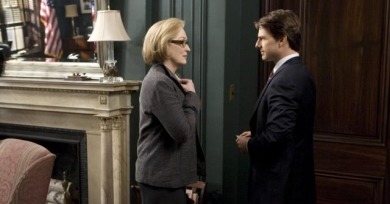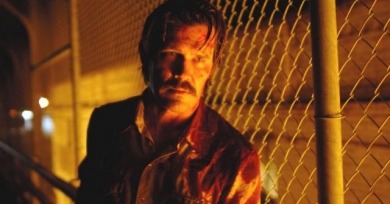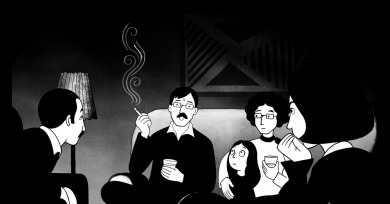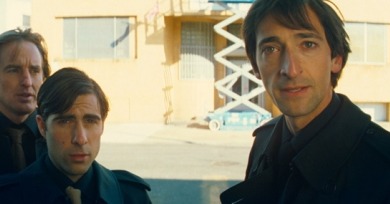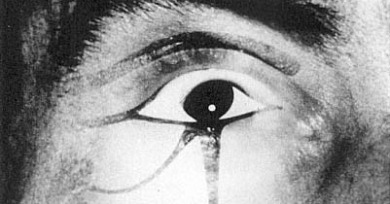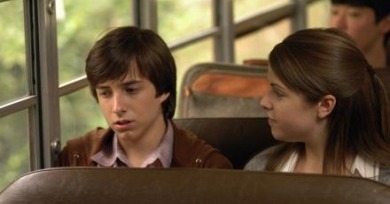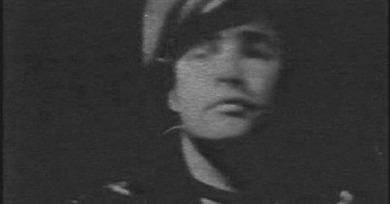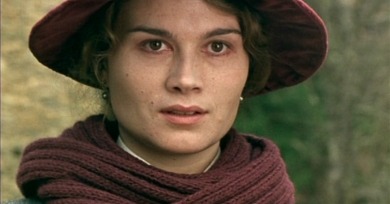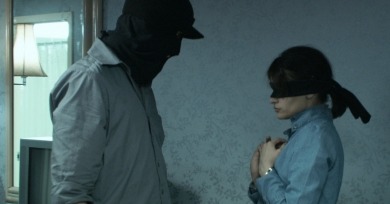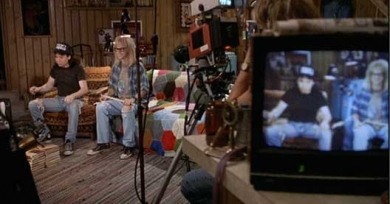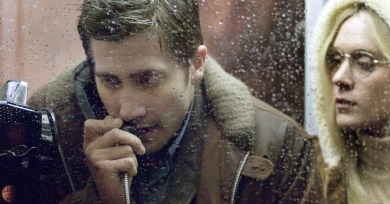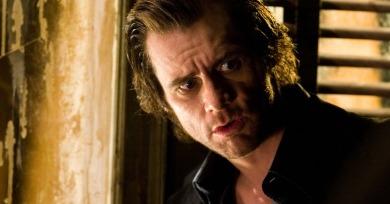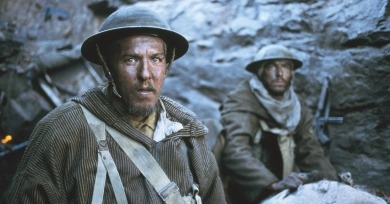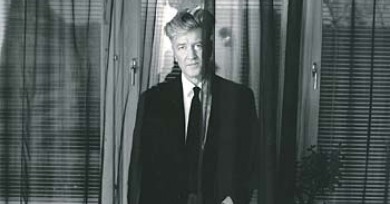Michael Joshua Rowin
Margot is shocking for containing nary an event or interaction that corresponds to anything resembling real life, and this from a director often so good at representing the sad hilarity of awkward moments.
It’s good to have the Coen Brothers back.
In Persepolis, episodic stories give Western readers and many others a glimpse into a fascinating world during a tumultuous era, and the author's illustrations express the caricatured, exaggerated impressions of a young child.
Self-reflexivity is a funny thing: it can either allow documentary directors to broach their subject from the inside out, casting light on the otherwise concealed process of filmmaking, or it can severely distract by putting the director in the spotlight at the expense of the subject.
For dyed in the wool fans who may miss any or all of the above ornamentations this could come as a disappointment, but for the rest of us nonbelievers the film is the first sign of creative integrity from Anderson, America’s most overpraised young auteur.
Though it’s the second Kino compilation assembled from the archives of experimental film promoter and collector Raymond Rohauer, Avant-Garde 2: Experimental Cinema 1928-1954 could easily be subtitled “Beginnings.”
To understand a film by Anger is to understand the use of sound in accordance to the cut. It is to learn from a master.
Things start getting a little silly and, in typical Forman fashion, more than a little overwrought when Goya’s Ghosts arrives at the Napoleonic War.
Lady Chatterley is superficially ripe for the screen: its prose is digestible, its story arc simple, and its action extremely camera-friendly even as it takes up its predecessors’ themes. Yet the book’s notorious erotic journey is, in ways, a distraction.
This is a film for the cool, detached viewer who nevertheless craves a powerful emotional experience—just enough distance, no more than will prevent vicarious thrills.
Wayne’s World met with its audience at the perfect late-capitalist moment—a product to satisfy evolving marketing strategies, the film ornaments corporate ideology with self-conscious irony, fostering its audience’s dependence on popular culture by selling it as above-it-all satire.
From the inventor of the wheel to the Ramones, originators repeatedly get the short end of the stick: unrefined and unfamiliar, their innovations usually fly over the heads of unappreciative audiences until someone shrewder comes along and renders them accessible.
Fincher must have realized Panic Room exhausted the most contrived and stylized extremes of his cat-and-mouse mindfucks, because Zodiac marks an abrupt change in the director’s sensibilities.
The Number 23 is the best kind of guilty pleasure: a psychological thriller that does absolutely nothing to make you take it seriously.
What Is It? is at once less gratuitous and more insipid than anybody has given it credit for: while Glover’s purpose is wholly sincere and even somewhat brave, his approach is totally wrong and his directorial skills remarkably insufficient for such a provocative task.
Bouchareb’s essential aim is to detail the conditions under which Algerian, Tunisian, and Moroccan Muslims fought and lived in the Army.
"Inland Empire was all scripted, scene by scene, but there was no indication of a feature film. Each scene was specific, had to be a certain way. Then, after five or six scenes, another whole bunch of things started coming, revealing the possibility of a feature."
